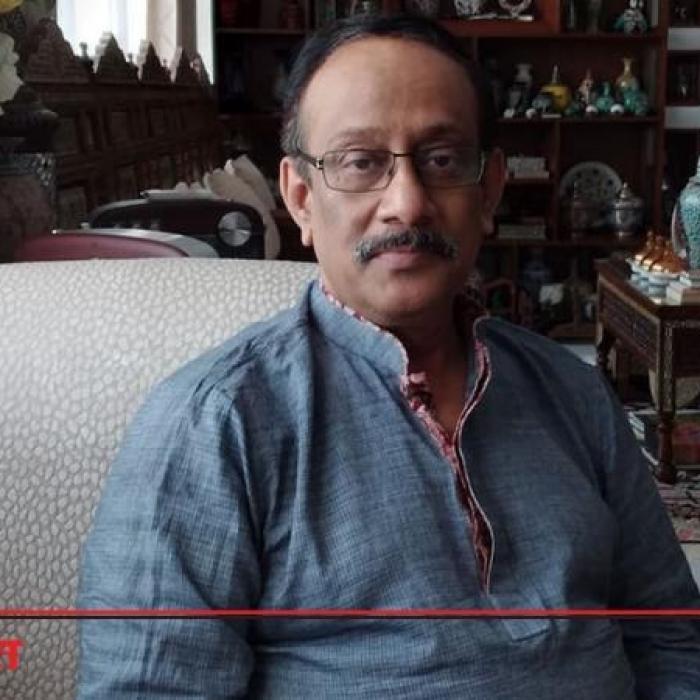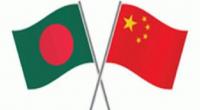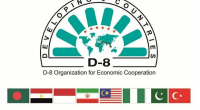Nazi Germany's air force, the Luftwaffe, bombed Britain during the World War II, yet the then British Prime Minister Winston Churchill remained safe. Eighty years later, in the twenty-first century, British premier Boris Johnson was admitted to a hospital falling victim to an invisible virus. The full extent of the damage of the virus is yet to be known, but it is already evident that current military-centric global order is not working; and there are possibilities that it will push all to create an altogether new system based on ‘values’ and ‘collaboration’ and where environment and nature will be at the centre, views the former foreign secretary Shahidul Hauqe.

“Over the years, the nuclear strategy has been designed to deter the countries. However, it doesn’t seem to be working in the face of a mere virus. More and more, money is poured on armament while the countries remained indifferent about dealing with health pandemics. The virus even attacked the nuclear-powered submarine under water,” said Haque.
A new world order might be created without a war, Haque explained adding, “This is completely an unknownable, invisible enemy. Looks like, terrorism is nothing compared to the virus.”
The Covid-19 pandemic has affected every other country irrespective of their wealth and knowledge. Even the rich countries cannot escape its wrath, he said.
He viewed that the ‘America First’ policy of USA is not working as now the North American superpower is now compelled to ask for help from others. And, this might set the path towards evolution of a new global order.
“Globally, collective welfare of societies has long been ignored. We now see light at the end of tunnel as countries are likely to recognize it as a key principle. Many countries have taken it as granted that welfare would be automatically ensured if they have money and power, but now the wealthy countries cannot even provide oxygen to sick people,” Haque said.
Agenda 2030
When the Global Sustainable Development Goals (SDGs) were adopted in 2015, many believed, it was meant only for the developing world, but it is now clear that it is applicable to across the board irrespective of rich or poor countries.
Haque said, “One of the main foundations of the SDGs is to establish ‘equality’ in and among the societies. The more equality the countries have, the better capacity they will have in dealing with adverse situations.”
Now, time has come to strongly consider the issues related to human wellbeing and strike a balance between development and preserving the nature, he said.
“The Agenda 2030 has clearly defined that wellbeing must be ensured in harmony with the environment.”
The new global order should emphasise on nature, as a balance between development and environment, human wellbeing, collaboration and values to ensure a sustainable world for the future generations, Haque said.
New leaders
It is not clear who will lead the new world, thinks the former foreign secretary.
The global order emerged after the Second World War is partially falling apart, Haque said adding, “The current crisis proves that the countries have less capacities to deal with adverse situations.”
It will be clear in the future where power would lie, he said adding, “It might be state-centric or, it might be hybrid.”
Big companies and personalities like Bill Gates would also get prominence in the future power structure, Haque believes.
Bangladesh position
The former secretary viewed that the stance taken by Bangladesh is relatively safe compared with global scenario.
Haque said, “The prime minister (Sheikh Hasina) has emphasized on agriculture and it is an appropriate and visionary decision.”
One can survive without a car or buying fashionable clothes, but it is impossible to live without food”, he said adding, “At the end of the day, food is essential; and those who can ensure that would survive.”
In order to secure a balance between wellbeing and environment, countries need to give proper importance to values and collaboration, he added.


